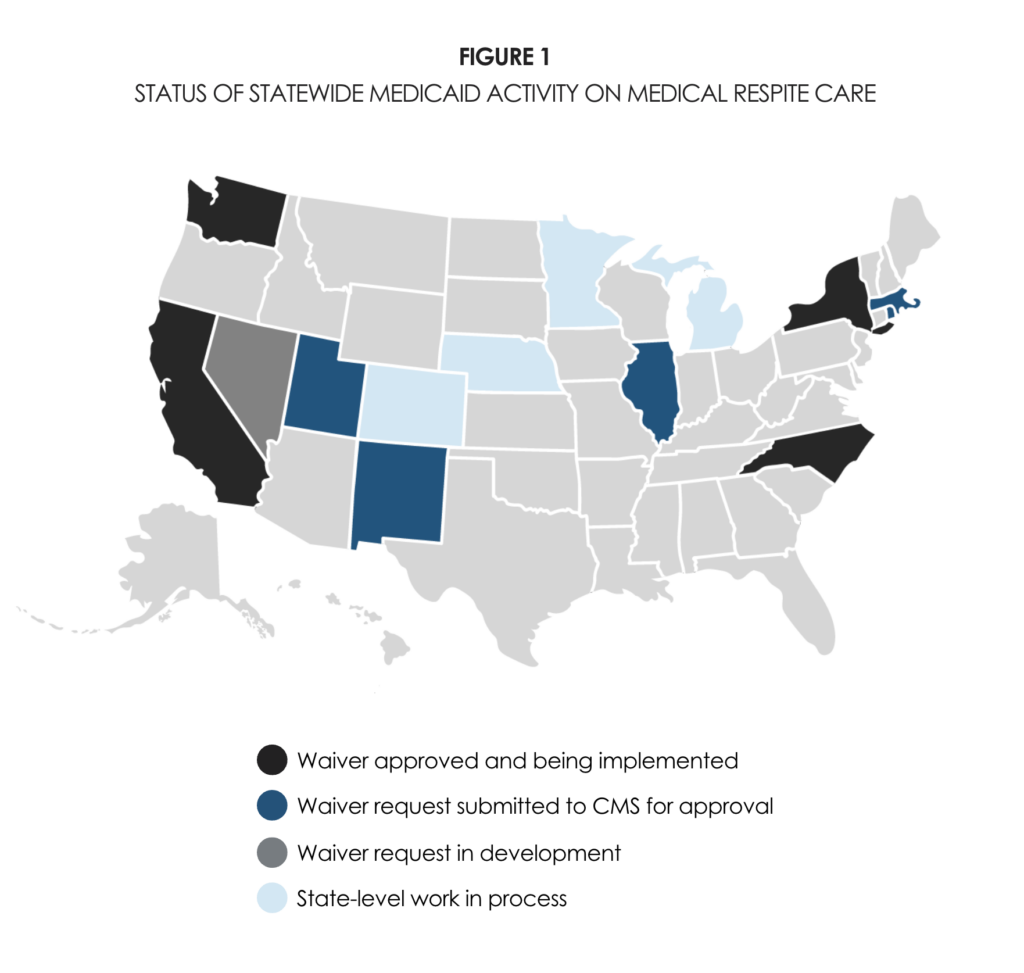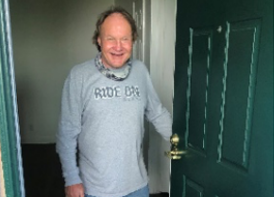CalAIM Implementation of Recuperative Care Services
By Dr. Pooja Bhalla
The National Institute for Medical Respite Care recently released two new issue briefs that focus on the role of Medicaid in paying for medical respite care/recuperative care. I was able to share Illumination Foundation’s experiences with implementing the CalAIM benefit for recuperative care that were incorporated into the brief.
The first brief — Status of State-Level Medicaid Benefits for Medical Respite Care — provides a current snapshot of the state-level Medicaid activity related to medical respite care. The second brief — CalAIM Implementation of Recuperative Care Services: Lessons Learned — documents what is working well with the implementation of the CalAIM recuperative care service to date, what remains a challenge, action steps California should consider moving forward, and advice for other states looking to add a statewide Medicaid benefit for recuperative care.
The four key areas that are working well with the implementation were highlighted in the brief include:
1) Better relationships with plans
2) Improved services to patients
3) Better-informed partners
4) Greater systems integration
The four opportunities for improvement include:
1. Significant administration burden
2. Low reimbursements
3. High clinical needs
4. Limited lengths of stay amid scarcity of housing opportunities
One of our clients, Roger, was featured in the brief to illustrate how these services benefit those experiencing homelessness.
PATIENT STORY
Roger is a patient who successfully transitioned from a hospital stay to recuperative care to short-term-post-hospitalization-housing (another CalAIM community support) and then to permanent housing (with ongoing services).
Upon intake at the recuperative care program, Roger was very concerned about his health, legal problems, housing, and the denial of income from SSDI. During his stay, staff were able to help Roger with medication management, and obtain medical coverage, a primary care provider, and vital documents. He was able to clear his warrants with the help of the homeless court and was matched to housing.
Roger was able to work on budgeting, stretch management, and tenancy skills while in short-term post hospital housing, and then successfully moved into apartment with a housing voucher where he continues receiving tenancy and sustainability services.
Story and photo used with Roger’s permission.
Illumination Foundation is a CalAIM provider in four counties. We look forward to continuing to partner with California Departments of Health Care Services (DHCS), managed care plans, hospitals, health care agencies, and others to provide housing and healthcare services to those experiencing homelessness.


